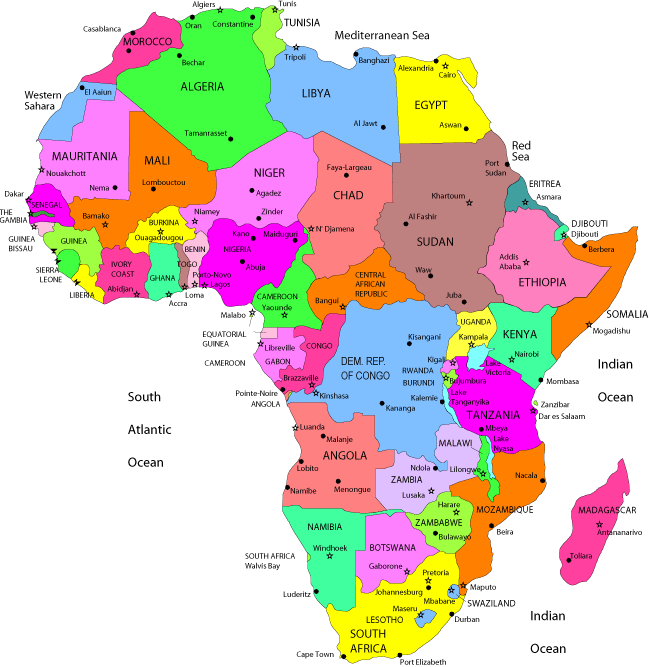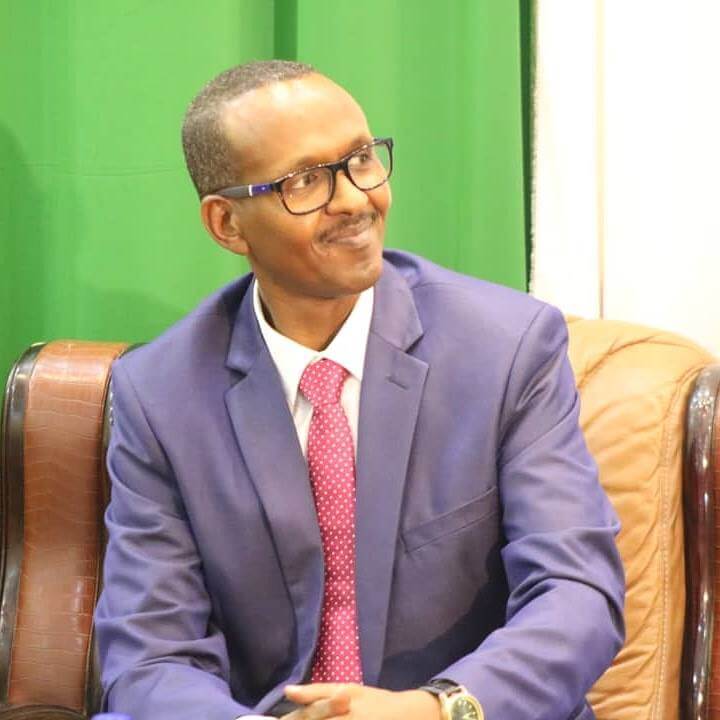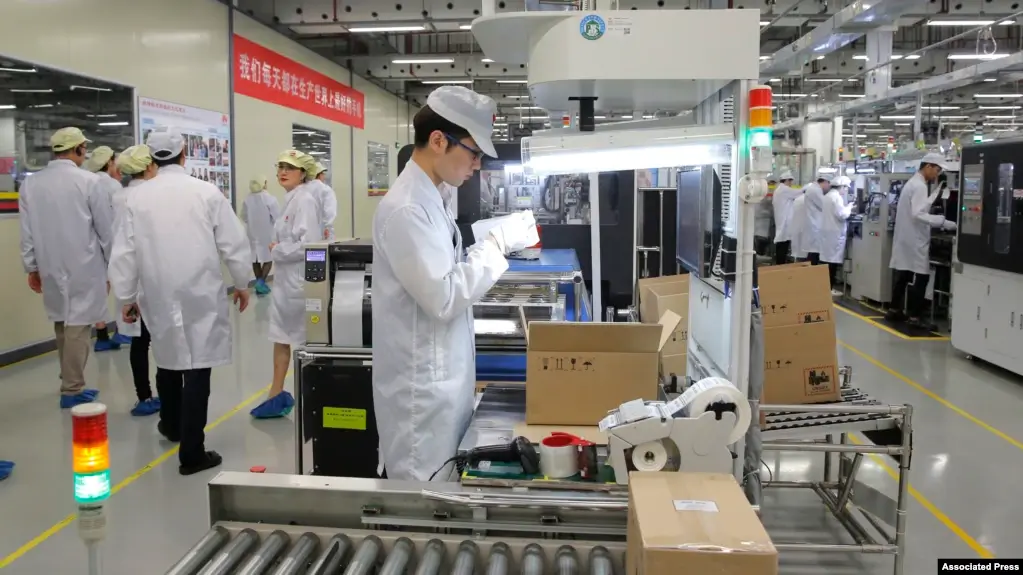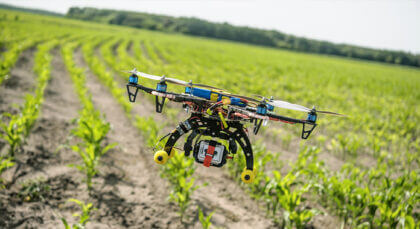This story was contributed to TechCabal by Conrad Onyango/bird.
African governments are ramping up national strategies on the adoption of Artificial Intelligence (AI) in a fresh hunt for crucial data that would help improve public service delivery and governance.
AI is no longer a preserve of the private sector as Africa’s public sector hops on a global trend where governments join the hunt for robust data to transform how they deliver services to an increasingly tech-savvy population.
Oxford Insights, in its ‘Government AI Readiness Index 2021,’ shows governments across the continent are turning to AI to improve their public services and gain strategic economic advantages.
More governments, the report says, are building up AI ecosystems-backed by national strategies to capitalize on a 10-year global boom that has seen private sector firms commercialize AI research and development. The report looked at developments over the past year.
“As governments are increasingly aware of the opportunities and risks presented by AI, we see a continued proliferation of national AI strategies globally,” said the report.
The report found 30% of 160 countries – more than 41 of these African nations – in the global rankings have a national AI strategy, with 9% more at least drafting one.
Mauritius with a score of 52.71 out of 100 is the most AI-ready African public sector, followed by Egypt (49.75), South Africa (48.24).
These three are the only African countries whose scores were higher than the global average of 47.42.
Mauritius and Egypt are the only countries with an official National AI Strategy that sets out a four-year plan from 2018-2022 to guide progress in this area.
In mid-2021, Egypt launched its national AI strategy, christened “Artificial Intelligence for Development and Prosperity” making clear its ambitious development goals and economic growth.
South Africa has established a Presidential Commission on Fourth Industrial Revolution which Oxford Insights regional expert, Abdijabar Mohamed says is thought to be a prelude to an official national AI strategy.
In Kenya, an AI task force of 11 experts drawn from other stakeholders, the government agencies, the private sector, and academia are expected to provide a roadmap on how the East African nation can apply AI.
“These initiatives can be seen to indicate a move towards more structured governance around AI in the region,” according to the report.
The report ranks governments based on how they develop and manage AI, backed by appropriate regulation and attention to governance and ethics.
It also measures the public sector’s internal digital capacity like skills and practices that supports its adaptability in the face of new technologies.
Tunisia (45.71), Morocco (42.38), and Ghana (40.19) are also among the top African countries that show high prospects of leveraging AI to boost governance and spur development.
While Botswana and Ethiopia do not feature among Africa’s top ten countries in terms of AI readiness score, the report points to significant directions these economies are taking towards building their AI ecosystems.
Two years ago, the Ethiopian Council of Ministers established an artificial intelligence (AI) research and development center and began training its youth on cyber threats detection.
In Botswana, the government is encouraging organizations to set up research labs around the country and gather AI talent.
While the report acknowledges a positive trajectory for Africa through government efforts to enact measures and strategies to guide the development and use of AI, there are still hurdles beyond lack of enough talent and capacity.
“There is a paucity of official government data alongside a lack of robust governance structures and political conflict,” said Mohamed, resulting in poor rankings for many countries.
The report adds, “The main priority for many sub-Saharan African countries is thus to develop talent and build capacity. Only then can strategies be developed and implemented to guide AI readiness and ethical considerations of AI.”
Source: Techcabal
Also READ: China’s Reach Into Africa’s Digital Sector Worries Experts.



